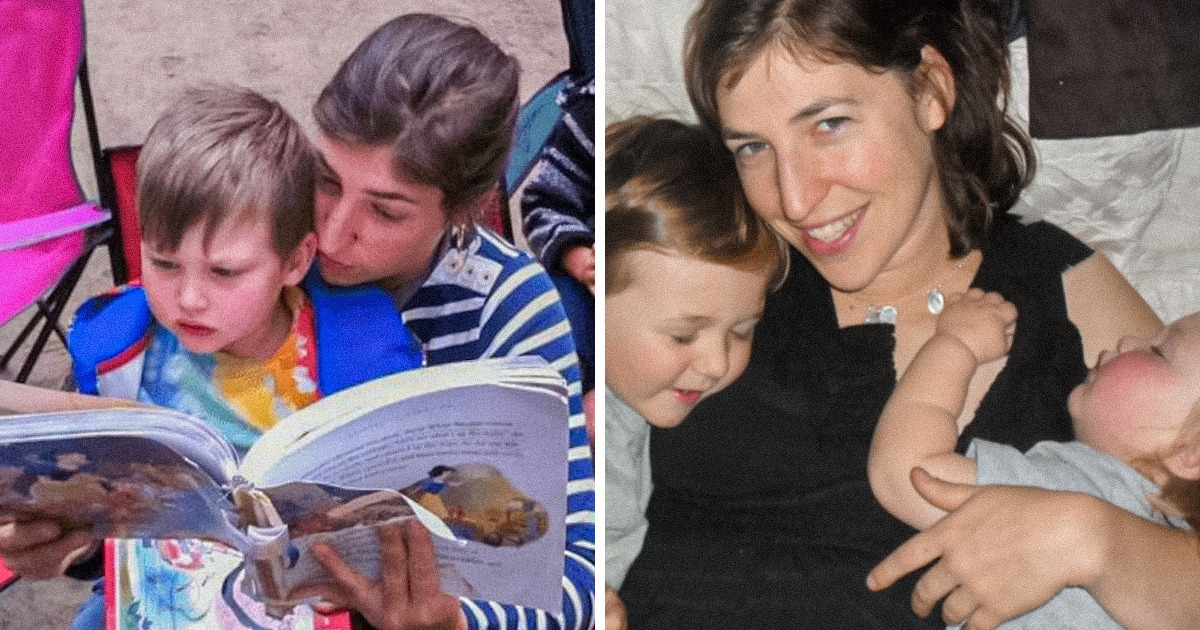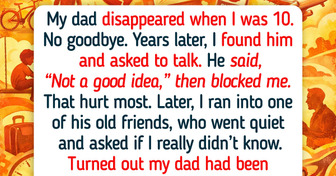Influencer Reveals Dramatic Results of Her Fox Eye Plastic Surgery


Mayim Bialik is recognized for her role as a genius on The Big Bang Theory, but she has multiple talents including acting and working as a neuroscientist. Among her many accomplishments, her role as a mother to two children is particularly noteworthy. Her approach to parenting is contemporary and distinct, with concepts that are worth considering for implementation.
Mayim Bialik adopted an unconventional approach to breastfeeding, by allowing her children to nurse as toddlers. Unlike many mothers who aim to wean their children as soon as possible, Bialik let her sons determine when they were ready to stop. As a result of the benefits of breastfeeding, her children exhibited fewer temper tantrums and felt a stronger connection to their mother.
Bialik opted for a different approach in teaching manners to her children, deviating from the traditional method of emphasizing “please” and “thank you.” Instead, she encouraged her children to express gratitude in a more authentic and sincere way, without relying on rote words. She also communicated with her loved ones, making them aware of this decision so they wouldn’t expect the conventional manners from her children. Bialik believes that this approach will help preserve the true meaning of appreciation and prevent it from becoming a habit with no true feeling behind it.
Mayim Bialik has chosen to homeschool her children instead of sending them to a traditional school setting. She believes this approach allows her kids to grow and learn at their own speed, and fosters their interests while prioritizing creativity and play.
Mayim Bialik subscribes to a parenting approach that prioritizes positive discipline and fosters healthy communication between her and her children. When issues arise, she avoids using aggressive methods like yelling, spanking, time-outs, or scolding. Instead, she opts to calmly explain the situation to her children using reasoning they can comprehend.
She believes in treating her kids as she would like to be treated, as mutual respect is the foundation of a strong relationship. This method encourages self-discipline and doesn’t instill fear in her children.
Mayim Bialik practices attachment parenting, which emphasizes closeness between parent and child. Bed-sharing is a key aspect of this, providing nighttime proximity similar to baby-wearing. Bialik believes it strengthens the relationship, reduces separation anxiety, and leads to longer, better sleep for her children.
Mayim Bialik’s parenting style includes diaper-free potty training for her children. The approach relies on the idea that babies give signals when they need to use the bathroom. She believes that once the signals are recognized, parents simply need to place their child over the potty and give a cue, such as a sound, for the child to respond to. By doing so, she avoids the hassle of changing diapers.
During the holiday season, Mayim Bialik’s children receive gifts from their grandparents, but she and her ex-husband have made a decision to not give them multiple presents. Instead, they opt for just one toy or practical gifts like socks and pajamas if necessary. The reason for this is because her kids already have all the essentials they need, and she feels it is more important to donate to those in need instead of spending money on expensive presents.
Mayim Bialik restricts her children’s access to technology, including watching TV and movies, to protect their personalities and self-esteem from media influence and peer pressure. The first video her son watched was a homebirth, to prepare him for his brother’s arrival. He even participated by cutting the cord during the delivery.
What do you think about this way of parenting? What is one method you would recommend to other parents? Let us know in the comments!











